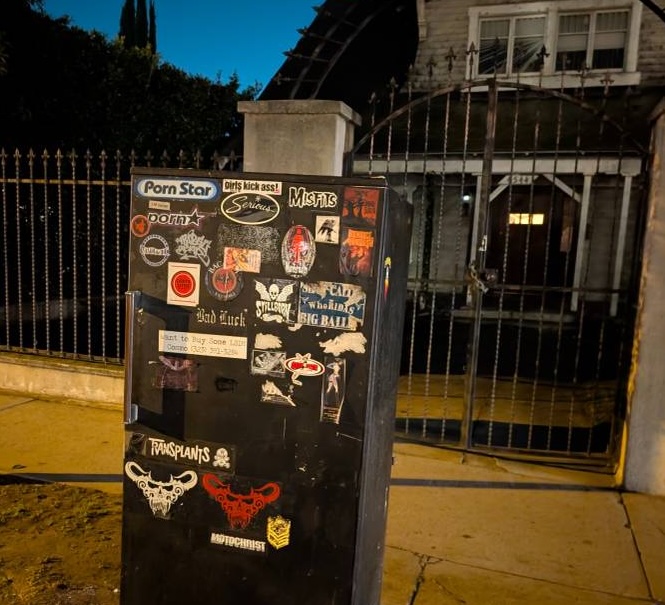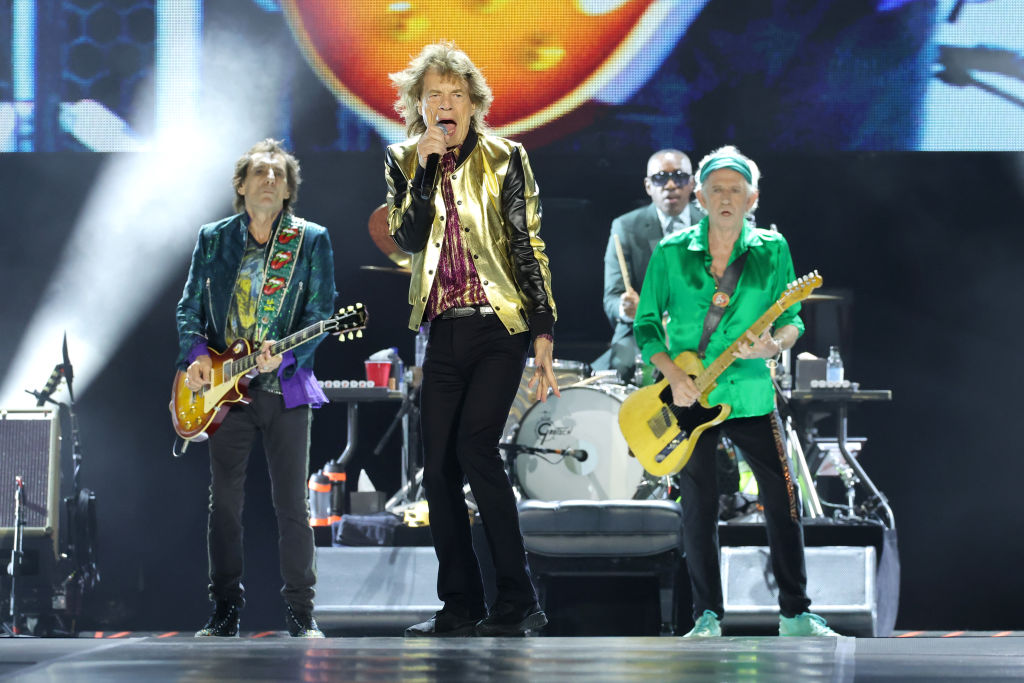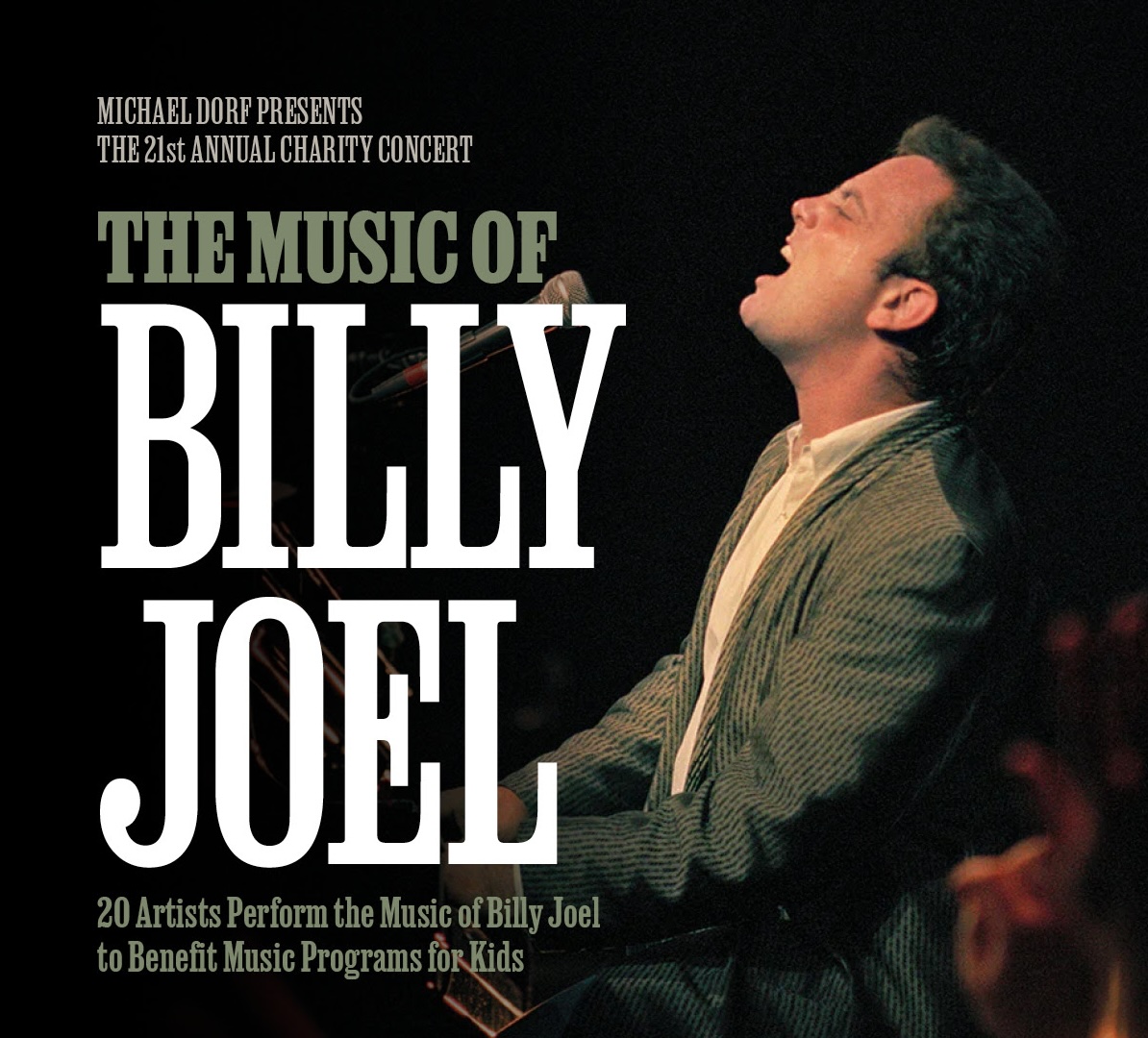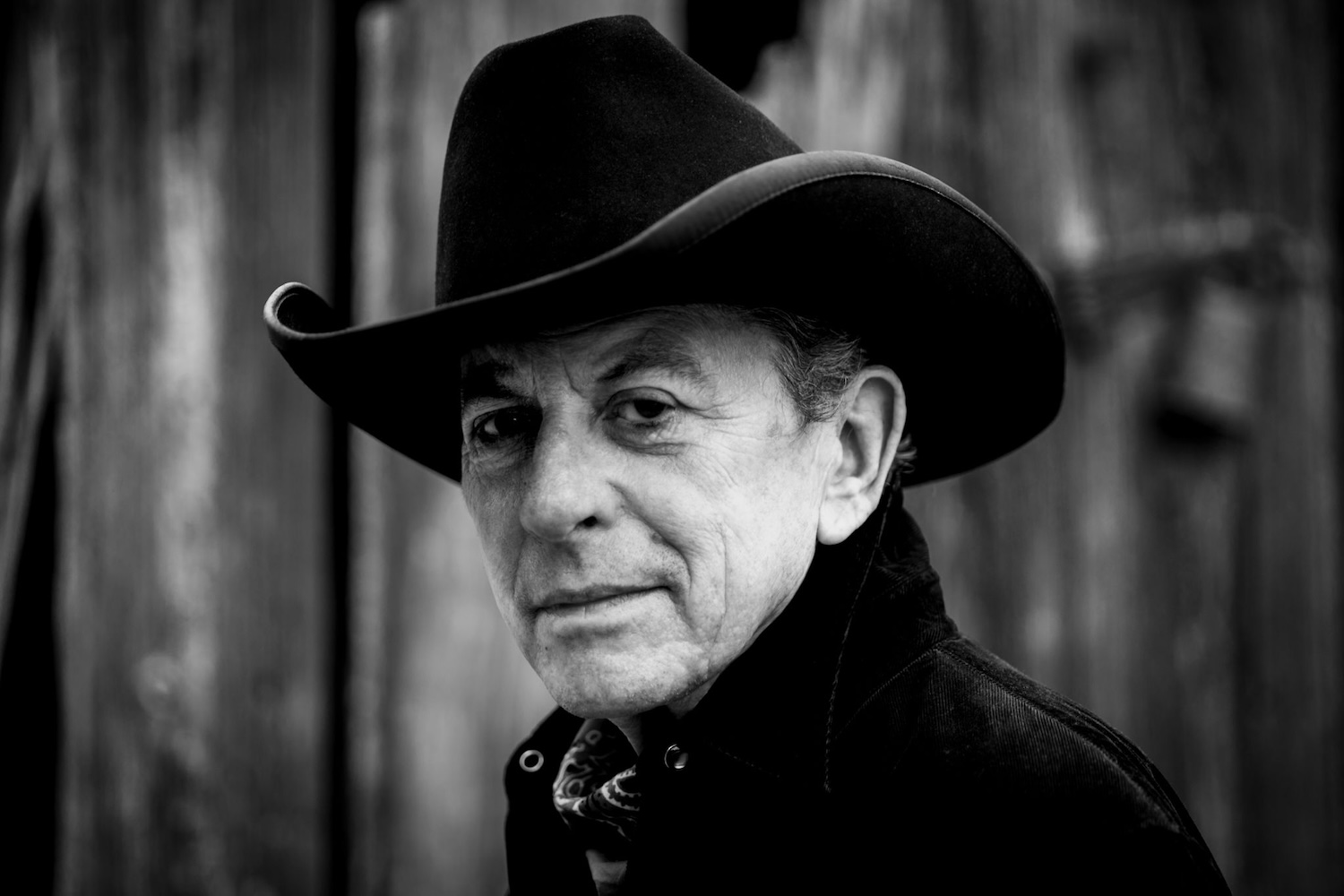Killer Mike already penned one powerful op-ed this year, opining on the Ferguson crisis for Billboard. Now he's teamed with University Of Richmond assistant professor Erik Nielson to write a piece for USA Today about the use of rap lyrics in criminal trials. Titled "Rap's poetic (In)justice," the essay is occasioned by the Supreme Court case Elonis Vs. U.S.. Some background: In 2010, 27-year-old Anthony Elonis posted violent messages on his Facebook page directed at his estranged wife and a female police officer. Many of the messages included aggressive rap lyrics, and one transcribed a satirical sketch by the comedy troupe the Whitest Kids You Know. He also posted that the messages were therapeutic and did not pose any "true threat"; one post included these lines: "Art is about pushing limits. I'm willing to go to jail for my constitutional rights. Are you?" Elonis was indeed charged with multiple accounts of communicating threats, and several lower courts ruled that his posts constituted illegal threats. Now the US Supreme Court is weighing in, and so has Killer Mike. An excerpt from Mike's op-ed:
The Supreme Court took his case to settle a fairly narrow legal question involving "true threats" jurisprudence. But in choosing Elonis, the justices have stumbled into a national debate about the expanding prosecution of rap music, which raises major concerns about the role of art and free speech in the justice system, as well as the commonly-held view that hip-hop culture is a threat to society.
Within the legal system, this view is becoming increasingly apparent. As recent research has revealed, rap lyrics have been introduced as evidence of a defendant's criminal behavior in hundreds of cases nationwide, frequently leading to convictions that are based on prosecutors' blatant mischaracterizations of the genre. Ignoring many of the elements that signal rap as form of artistic expression, such as rappers' use of stage names or their frequent use of metaphor and hyperbole, prosecutors will present rap as literal autobiography. In effect, they ask jurors to suspend the distinction between author and narrator, reality and fiction, to secure guilty verdicts.
The piece later continues:
No other fictional form — musical, literary or cinematic — is used this way in the courts, a concerning double standard that research suggests is rooted, at least in part, in stereotypes about the people of color primarily associated with rap music, as well as the misconception that hip-hop and the artists behind it are dangerous.
In fact, the history of hip-hop tells a very different story. In its formative years, for example, it was explicitly conceived by many as an alternative to the violent gang culture that consumed cities like New York. Since then, it has offered countless young men and women opportunities to escape the poverty and violence in America's urban centers. As rapper Ice T once put it, "If I hadn't had a chance to rap, I'd either be dead or in jail."
Read the whole essay here.
Relatedly, Mike tweeted over the weekend that he'll be teaching at "a very prestigious college" next year:
Looks like I'm Gonna be a working dad for real. Next year should find me teaching at a very prestigious College. #Growth #each1teach1
— Killer Mike (@KillerMikeGTO) November 29, 2014
This is pure speculation, but given that Nielson teaches at the University Of Richmond, maybe that's where Mike is headed. We reached out to Run The Jewels' publicist but haven't heard back.
UPDATE: Killer Mike appeared on CNN again this afternoon, and the broadcast confirmed that he'll be teaching at Morehouse College next year. He spoke with Brooke Baldwin about the Ferguson crisis, his passionate speech in St. Louis, civil liberties and more. Watch below.
Part 1:
Part 2:
[Photo by Kenny Sun.]






